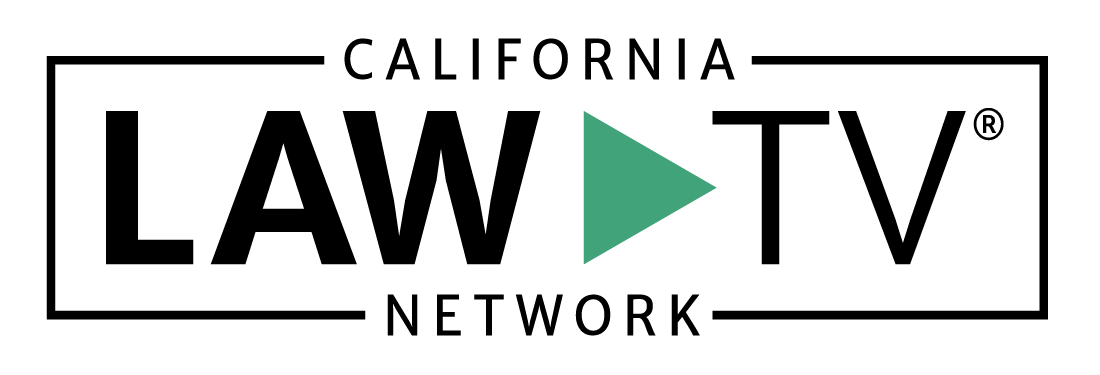Ethics Scholars Urge Chief Justice Roberts to Adopt Code of Conduct for Supreme Court
“We simply believe that a written code, even if primarily aspirational, would have a broad salutary impact, assisting current and future members of the court to transparently address potential conflicts and other issues in a way that builds public trust in the institution,” the scholars wrote.

 Navigation
Navigation 